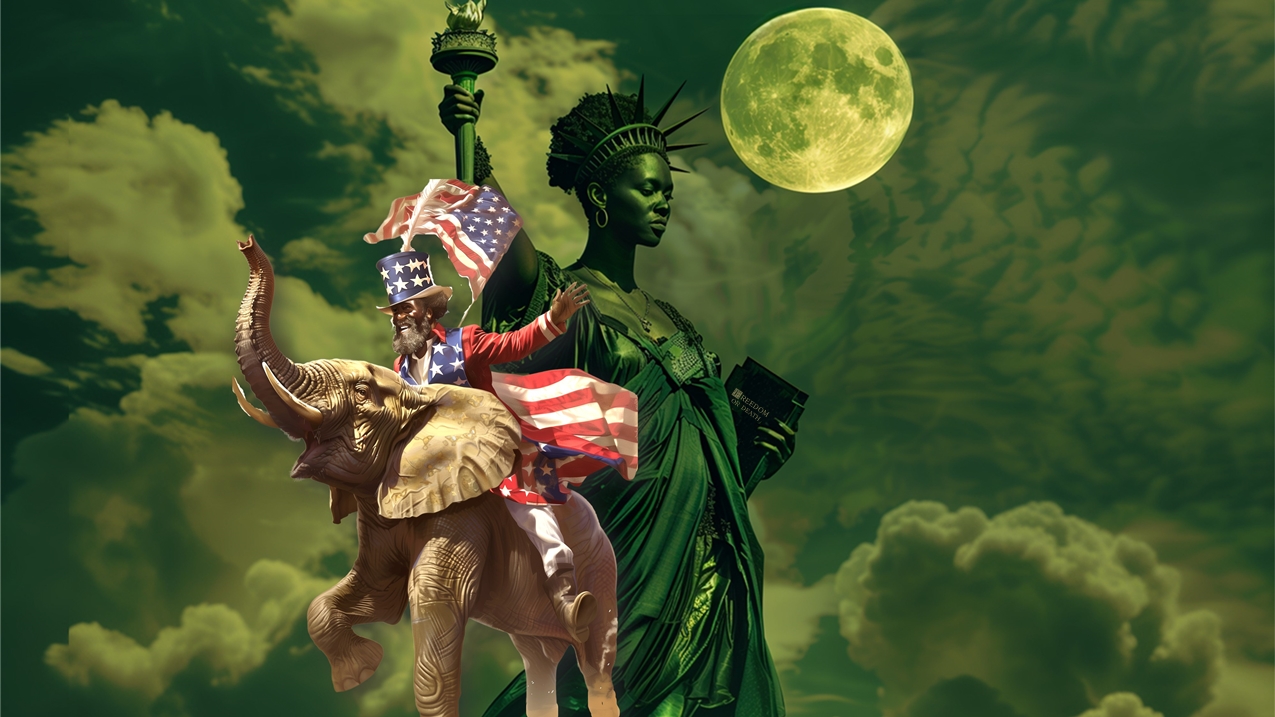Why Black Americans Should Care about this Leader
Giorgia Meloni’s Critique of French Leader Macron and France’s Colonial Legacy in Africa
The relationship between Italian right-wing politician Giorgia Meloni and French leader Emmanuel Macron has been characterized by a series of disagreements and critiques, one of the most prominent being Meloni’s stance on France’s colonial mistreatment of Africa. This contentious issue has brought to light historical grievances, contemporary power dynamics, and the complex interplay between politics, diplomacy, and post-colonial responsibility.
Giorgia Meloni, the leader of Italy’s Fratelli d’Italia (Brothers of Italy) party, and Emmanuel Macron, the President of France, represent divergent political ideologies and priorities. Their clash of visions extends beyond domestic policy differences and finds itself manifesting in international relations, particularly concerning Africa. Meloni’s critiques of Macron’s policies towards Africa stem from her belief that France has not adequately reckoned with its colonial past and the consequences of its actions on the African continent. She argues that Macron’s approach often falls short of addressing the enduring legacy of colonialism and its implications for Africa’s socio-economic and political landscape.
Historical Context: Colonial Legacy
France, like other European colonial powers, has a historical legacy of imperial conquest and exploitation across Africa. The colonial era left a deep imprint on the continent, with far-reaching repercussions that continue to be felt today. Meloni contends that France’s colonial policies, characterized by resource extraction, cultural subjugation, and human rights abuses, have had lasting negative effects on African nations. Meloni’s critique extends beyond mere historical analysis; she asserts that France’s colonial legacy has contributed to the challenges faced by many African countries today, including economic inequality, political instability, and social unrest. She argues that acknowledging and addressing this legacy is essential for fostering genuine partnerships between European and African nations.
Macron’s Approach: A Target for Critique
Emmanuel Macron’s tenure as French President has seen attempts to address some of these historical injustices, including acknowledging France’s role in the Rwandan genocide and advocating for the restitution of African artifacts held in French museums. However, Meloni contends that these efforts fall short of a comprehensive reckoning with France’s colonial past and its implications for the present. Meloni’s criticism of Macron’s Africa policies also extends to contemporary issues such as migration and economic cooperation. She argues that France’s approach to migration, which often involves addressing the symptoms rather than the root causes, fails to account for the role of historical injustices in shaping migration patterns.
Giorgia Meloni’s critique of France’s colonial legacy in Africa is not merely an exercise in political posturing. She calls for a more robust and sincere effort on the part of France to acknowledge its historical wrongs and actively work towards redressing them. This, she believes, would contribute to a more equitable and respectful relationship between European and African nations. Meloni’s stance reflects a broader call for accountability and justice in the context of colonialism’s enduring impact. She underscores the need for collaborative efforts between former colonial powers and African nations to address systemic inequalities and foster sustainable development.
The tensions between Giorgia Meloni and Emmanuel Macron concerning France’s colonial mistreatment of Africa underscore the complex interplay between historical grievances, contemporary politics, and the quest for justice. While Meloni’s critiques may be seen by some as politically motivated, they highlight important questions about the responsibilities of former colonial powers, the necessity of acknowledging historical wrongs, and the imperative of forging respectful and equitable partnerships between Europe and Africa.As the discourse on colonialism’s legacy evolves, the perspectives of leaders like Meloni serve as a reminder that addressing historical injustices is not just a matter of rhetoric, but a crucial step towards building a more inclusive and just global order. The complexities of this issue demand ongoing dialogue, cooperation, and a commitment to a more equitable future for all nations involved.
SDNEWS/THINK TANK
8/11/2023
The San Diego Monitor-News has been serving Black San Diego since 1986




Leave a Reply